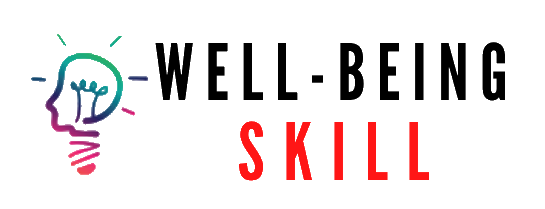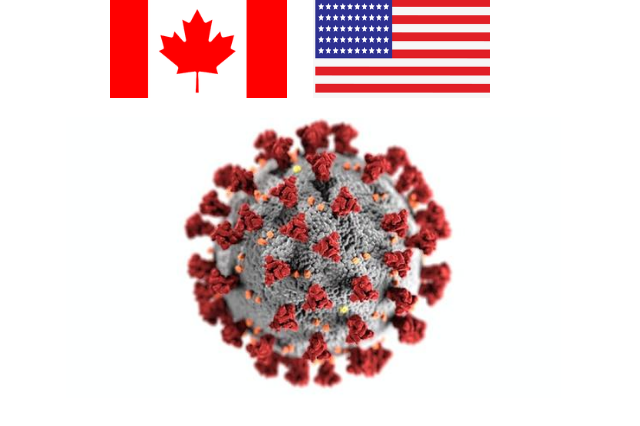Impact on Canadians due to opening the Canada-U.S. border.
All the way back in March the Canada-U.S. border closed to non-essential travel and for the past four months, the two countries have agreed to keep that border closed. Polls have indicated that still Canadians are happy with that decision since the US is still fighting for controlling the pandemic. But, as a matter of fact, the border won’t stay closed forever and so the question that comes along with this is what happens when it reopens?
Andrew Chung from CBC has interviewed two Infectious disease specialists. Dr. Isaac Bogoch and Dr. Raywat Deonandan. We will compile the interview as follows.
Andrew: Hello to the two of you. So Dr. Deonandan, maybe I’ll just start with you so that we’re all on the same page. I mean it’s easy to skim through media coverage in the United States and think oh my gosh things are really out of control but give me that sober assessment of how Canada and the U.S. compare.
Dr. Deonandan: Well we like to think of our two countries as being very similar. We have similar demographics and their language is similar. Entertainment tastes. But pandemics have a way of revealing the truth of society. The frailties and the strengths. Now it’s difficult to describe one nation in aggregate when it’s so diverse. different states with different experiences but we’re seeing ideological splits, we’re seeing tribalism. We’re seeing distrust of authority. We’re seeing rampant rolling through a society of pseudoscience. In Canada on the other hand for the most part we’ve seen a unified vision We’ve seen most Canadians lining up behind our leaders. We’ve seen people willing to sacrifice for the betterment of society.
Andrew: And I take your point that we’re talking about two very diverse countries here so it’s hard to sort of brand either one in a sort of a singular way but Dr. Bogoch, when you look at the numbers. I mean is the pandemic in the United States sort of clearly and measurably worse than in Canada?
Dr. Bogoch: Absolutely and basically by all outcomes. Even if we just look at the sheer number of cases in the United States they have somewhere between 70,000 to 75,000, new cases per day. We have individual states like Florida with anywhere from about, 10,000 to 15,000, new cases per day. And when we think about Canada as a country in general we’re getting between 200 to 400 new cases today from coast to coast. So Canada has done a much, much, much better job getting their epidemic under control compared to the United States. Ours is rather controlled right now. Of course, we’re seeing a little outbreak here and there but in the United States, it’s still a raging forest fire.
Andrew: So then Dr. Bogoch, I mean what’s at stake here? I mean if the U.S.-Canada border was to reopen. I don’t know say it’s a tomorrow what would the health consequences be of that?
Dr. Bogoch: Oh it would be a disaster. I mean we would certainly risk importing infections across this border and we have a huge land border. And of course in pre-COVID- times there was a tremendous amount of travel across that border both with Canadians traveling to the United States and Americans coming to Canada for business, for pleasure and it would just pose a scenario where we would reimport a lot of it as we saw before the border was closed and it would essentially undo all the hard work that we’ve done to get our epidemic under control.
Andrew: Dr. Deonandan, do you see it as being that dire? Because I mean at the moment there is travel happening to and fro. Certainly not tourist travel but we see essential travel… …truckers, for example, driving back and forth. I mean what’s at stake in your mind and I suppose what would you want to see before that border reopens?
Dr. Deonandan: I think that our focus should be 100% on finding a safe way to open schools in the fall. Anything that distracts us from that goal is ultimately a disservice to keeping our economy open. The best way to keep schools open safely in the fall is to have our caseload low in the community and in the single digits if we can. Opening up the border in no way serves that goal. In fact in many ways that introduce new seeding events. Every American traveler that comes across that border is possibly the source of a new outbreak and possibly as Dr. Bogoch was saying, a small forest fire. I don’t see this helping our long-term cause in any way shape or form. There’s nothing good that can come of it except for the travel of essential goods as you mentioned via truck drivers and so forth. Recreational travel might be economically interesting for a few. But the risk is far too great in my mind.
Andrew: So if the potential risks then Dr. Bogoch as you put it is is the undoing of the progress that Canada has made so far in controlling the pandemic. I mean what would you want to see in terms of I don’t know either testing numbers or hospitalization numbers or death numbers in the United States or even from a policy perspective. What is it that you would want to see before that border reopens?
Dr. Bogoch: Certainly it would be great to see some central leadership and with good central leadership both at the federal level and at the state level we hopefully watch them get their epidemics under control and there’d be a constellation of metrics. Reduction in the number of new cases per day. A sustained reduction in the number of new cases per day and public health policy that really facilitates that a low number of cases can be sustained. But until that happens I think yeah for fans of Canadian football we’re just gonna have to keep punting this decision month by month by the month down the field and delaying the border from reopening because quite frankly, even if they did everything perfectly today it would still take months for them to get their epidemic under control there.

